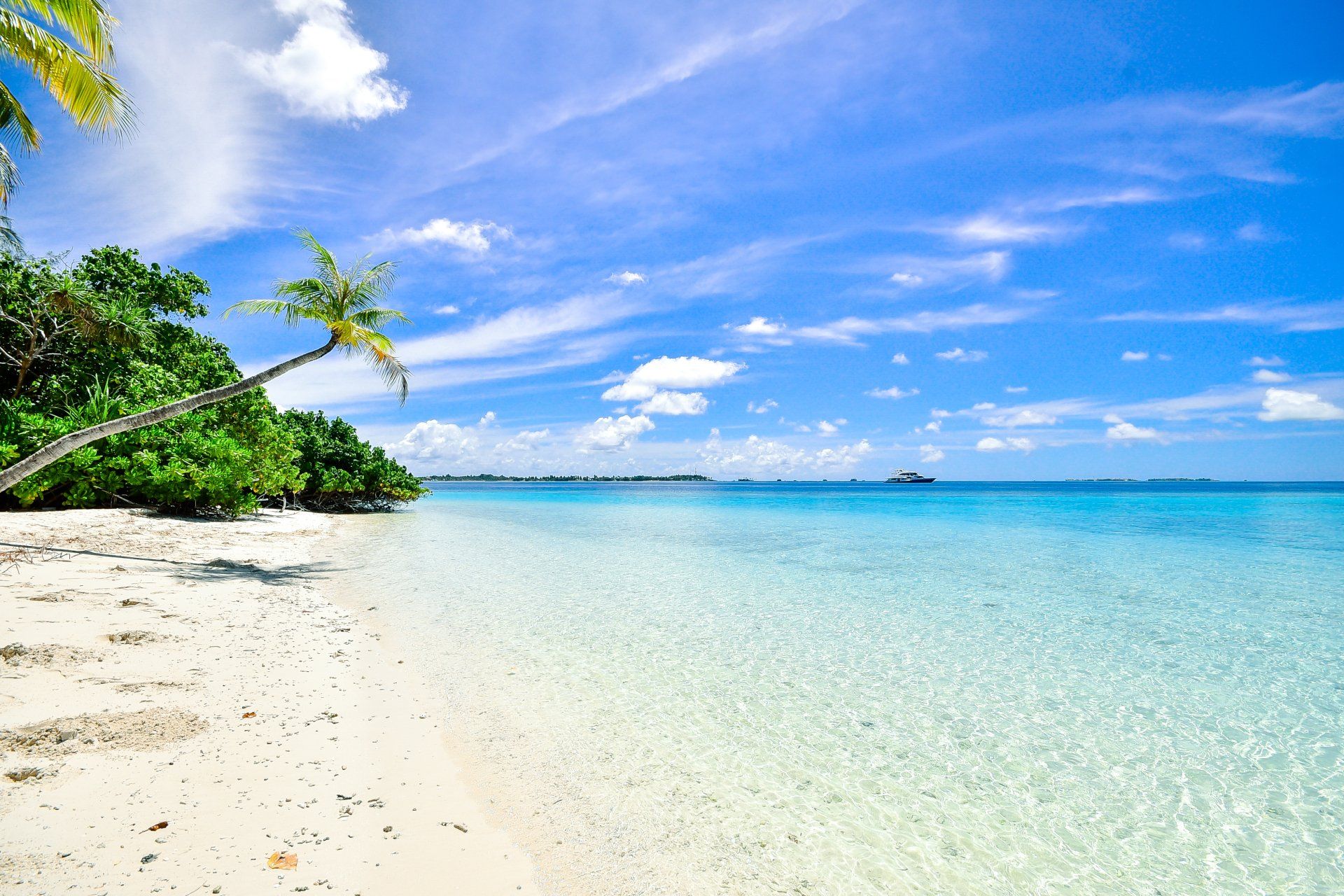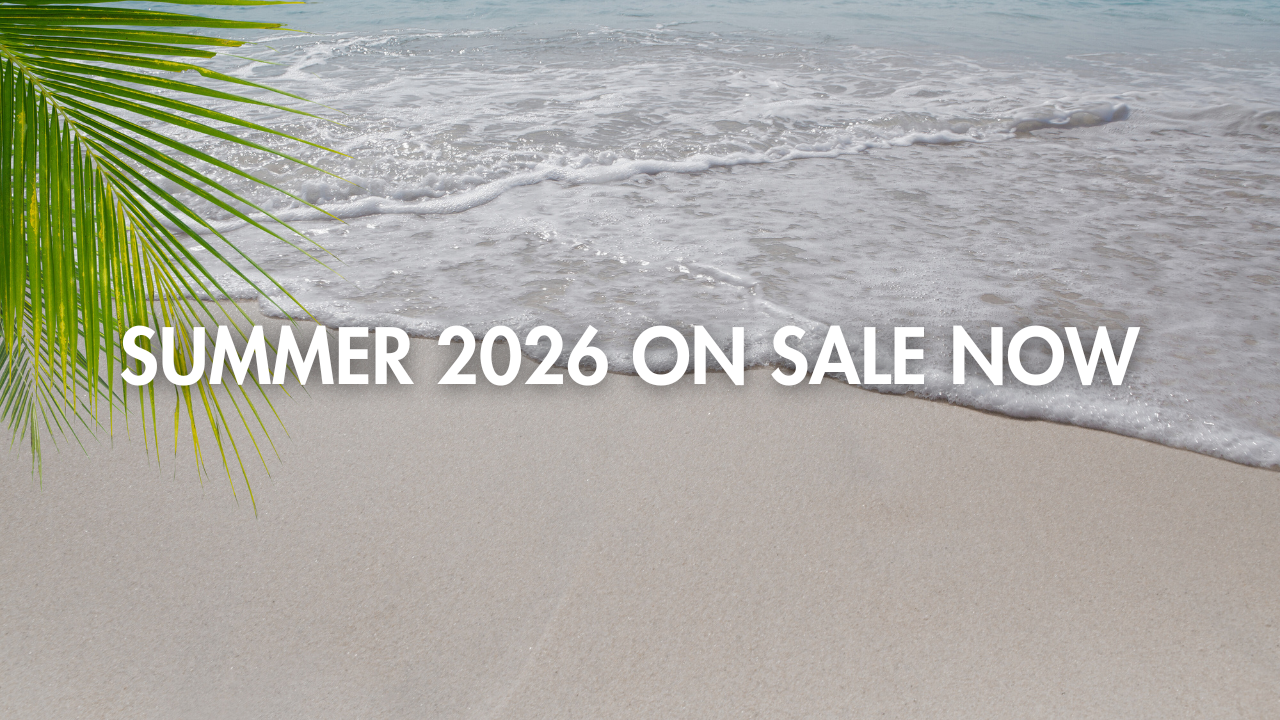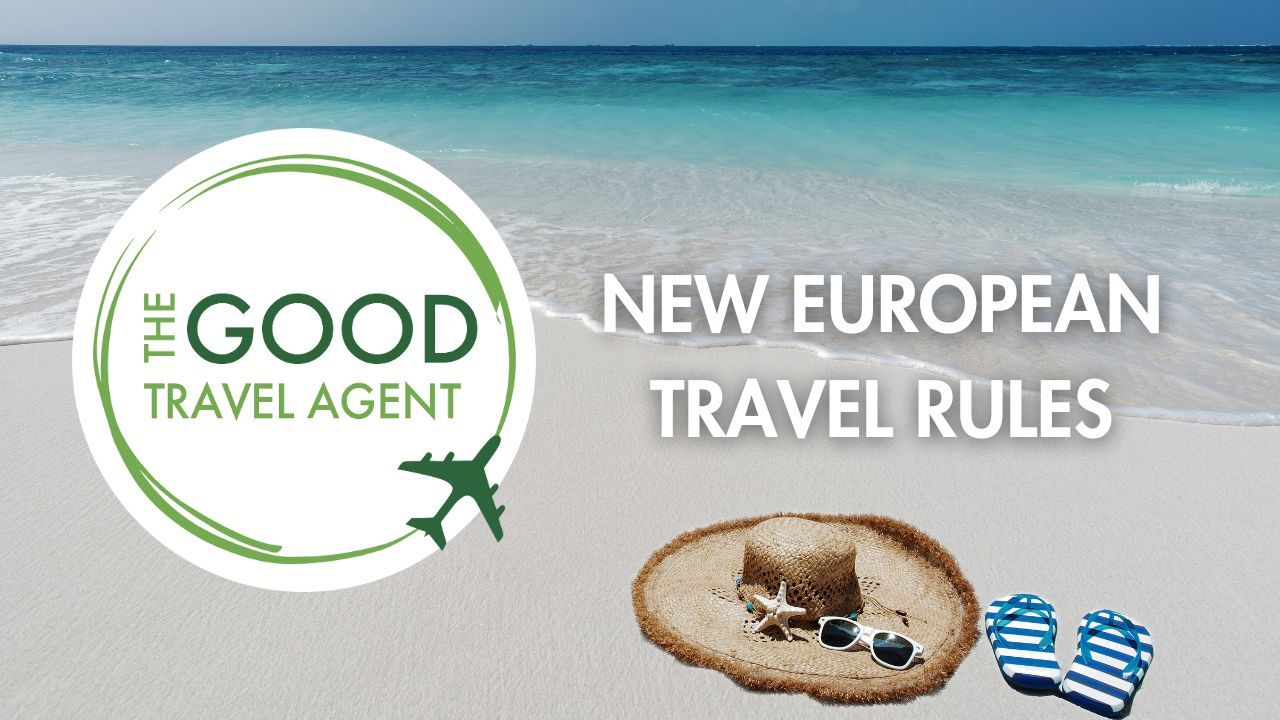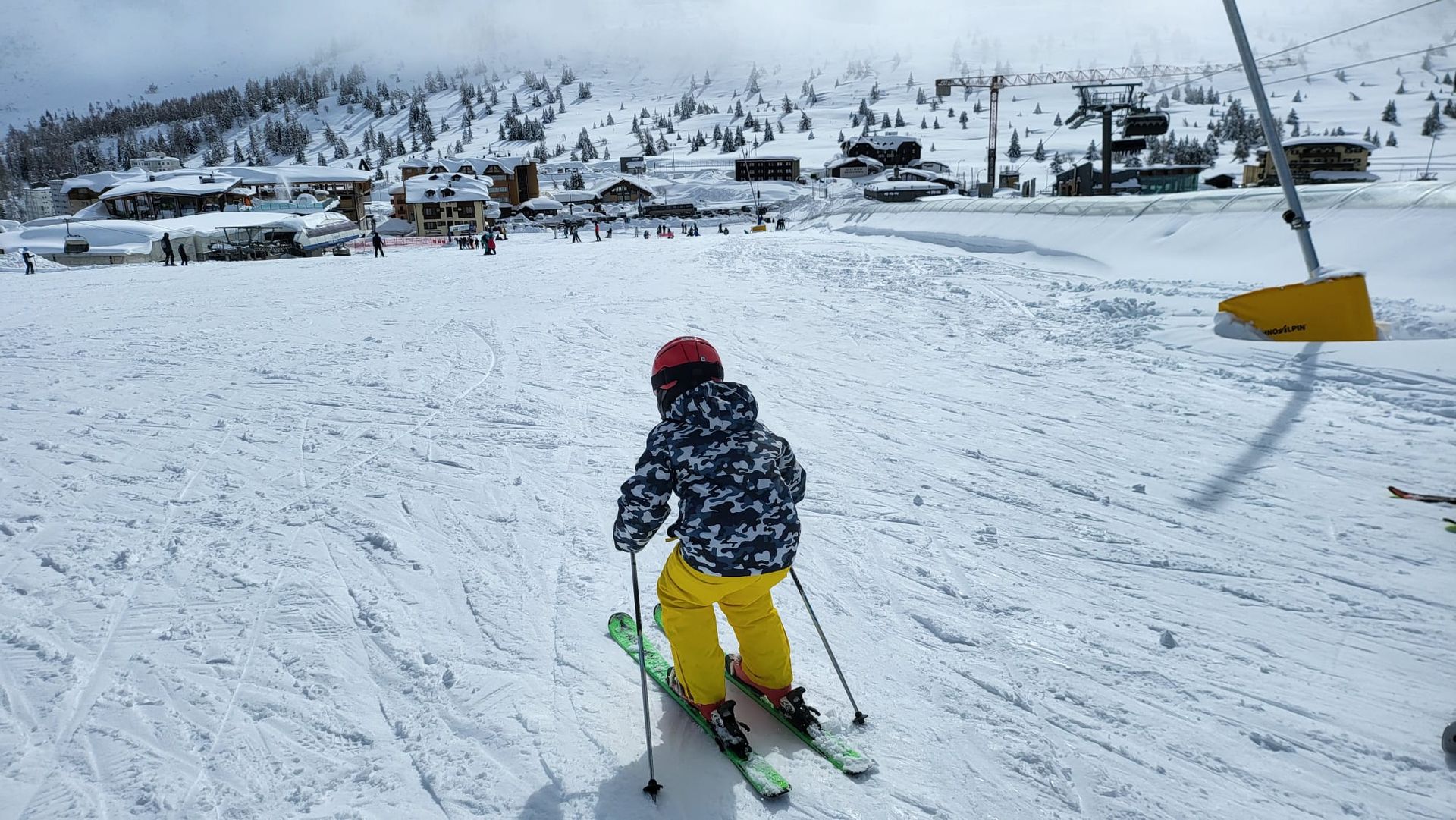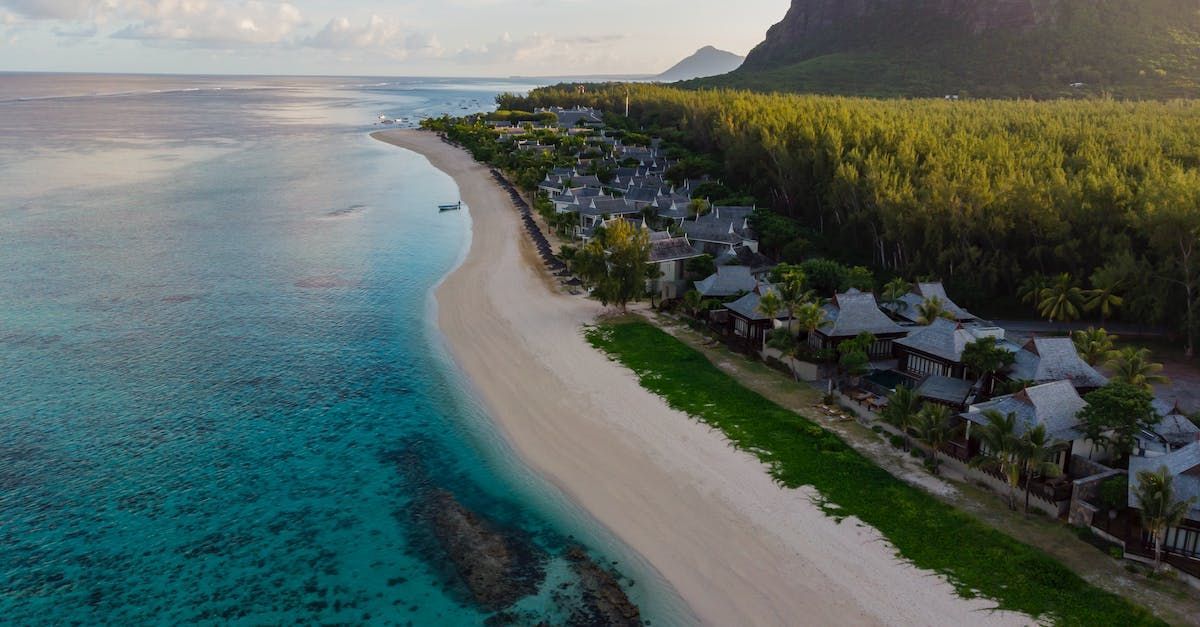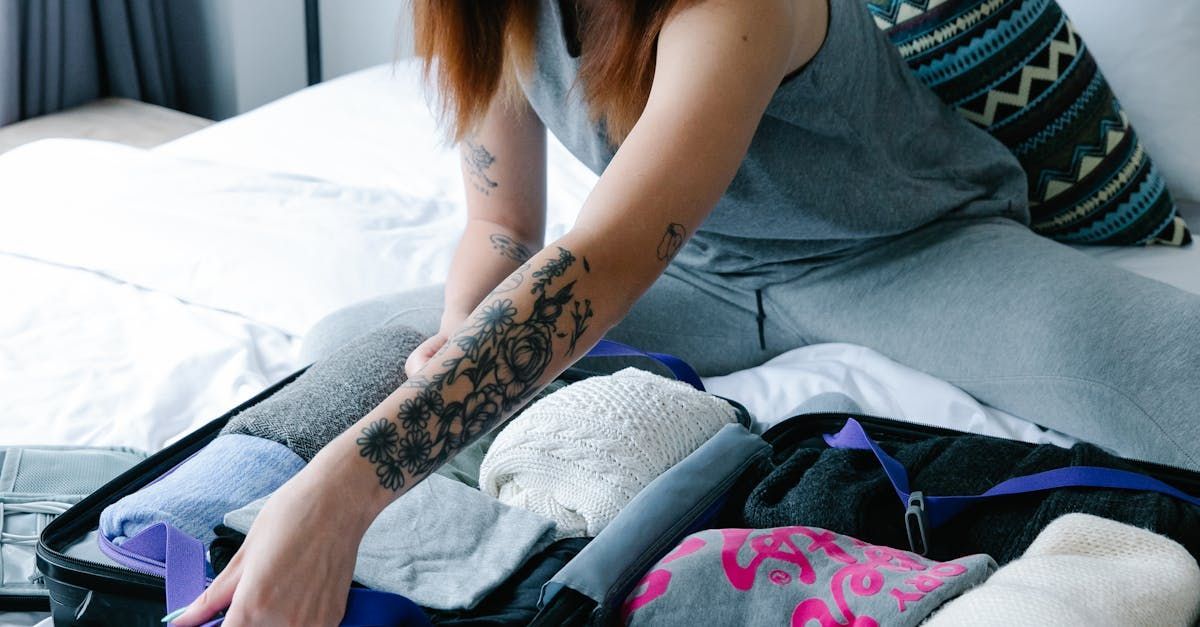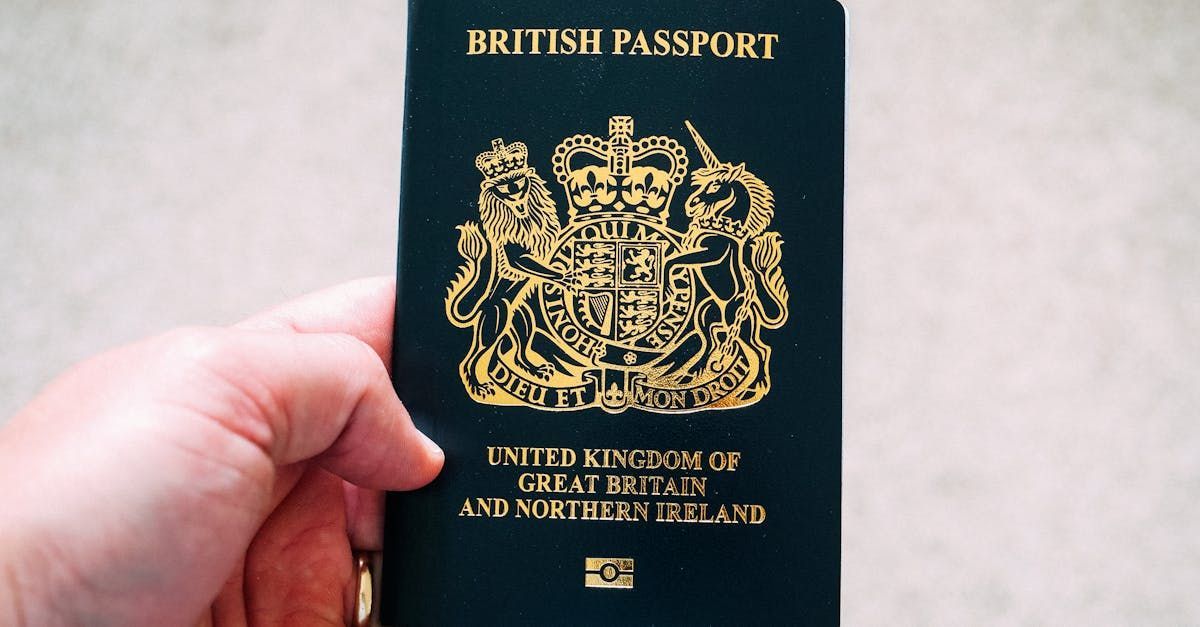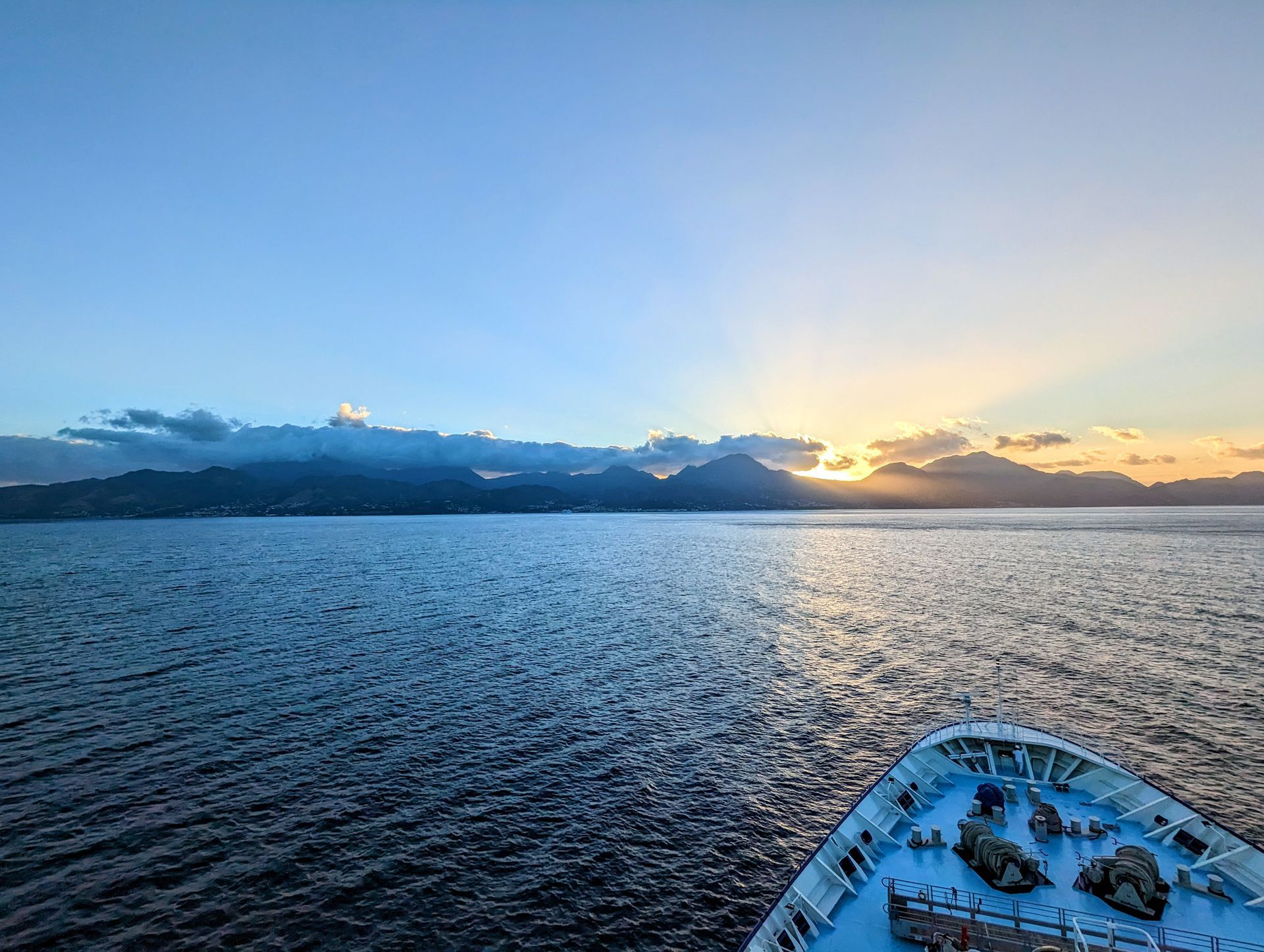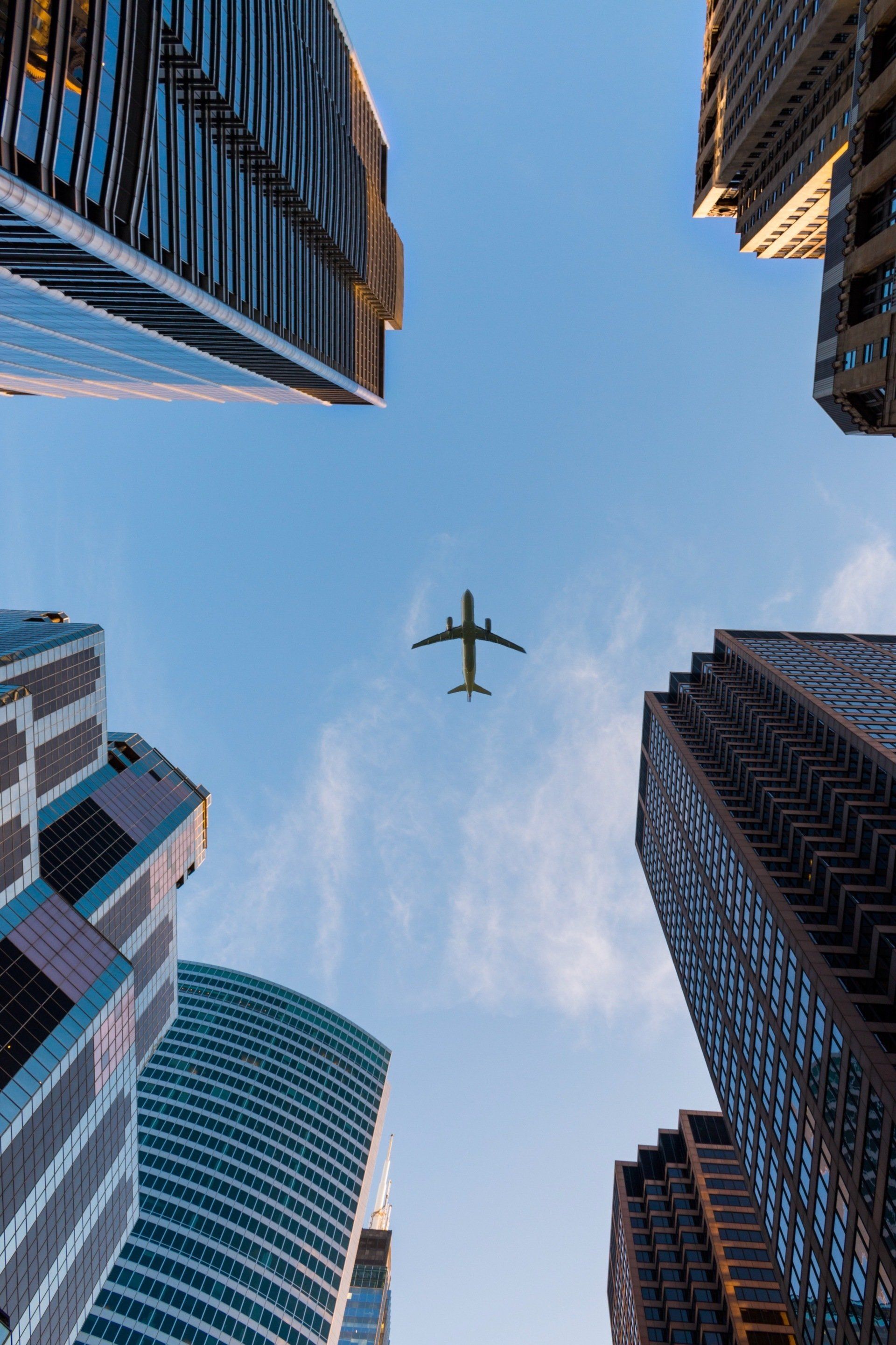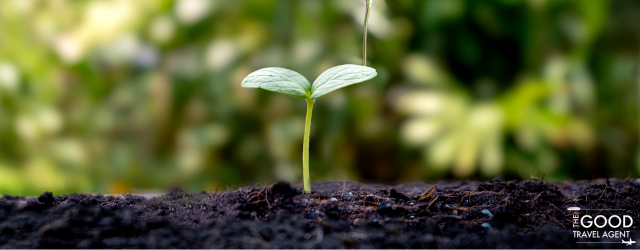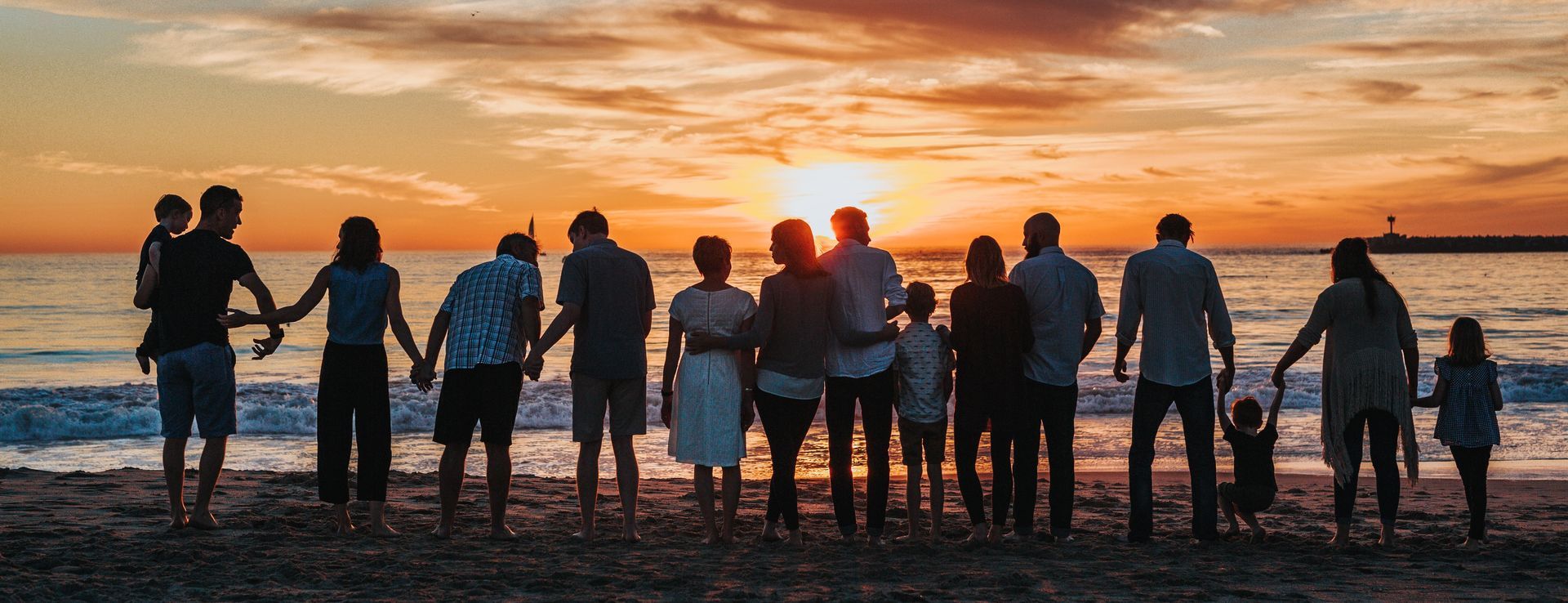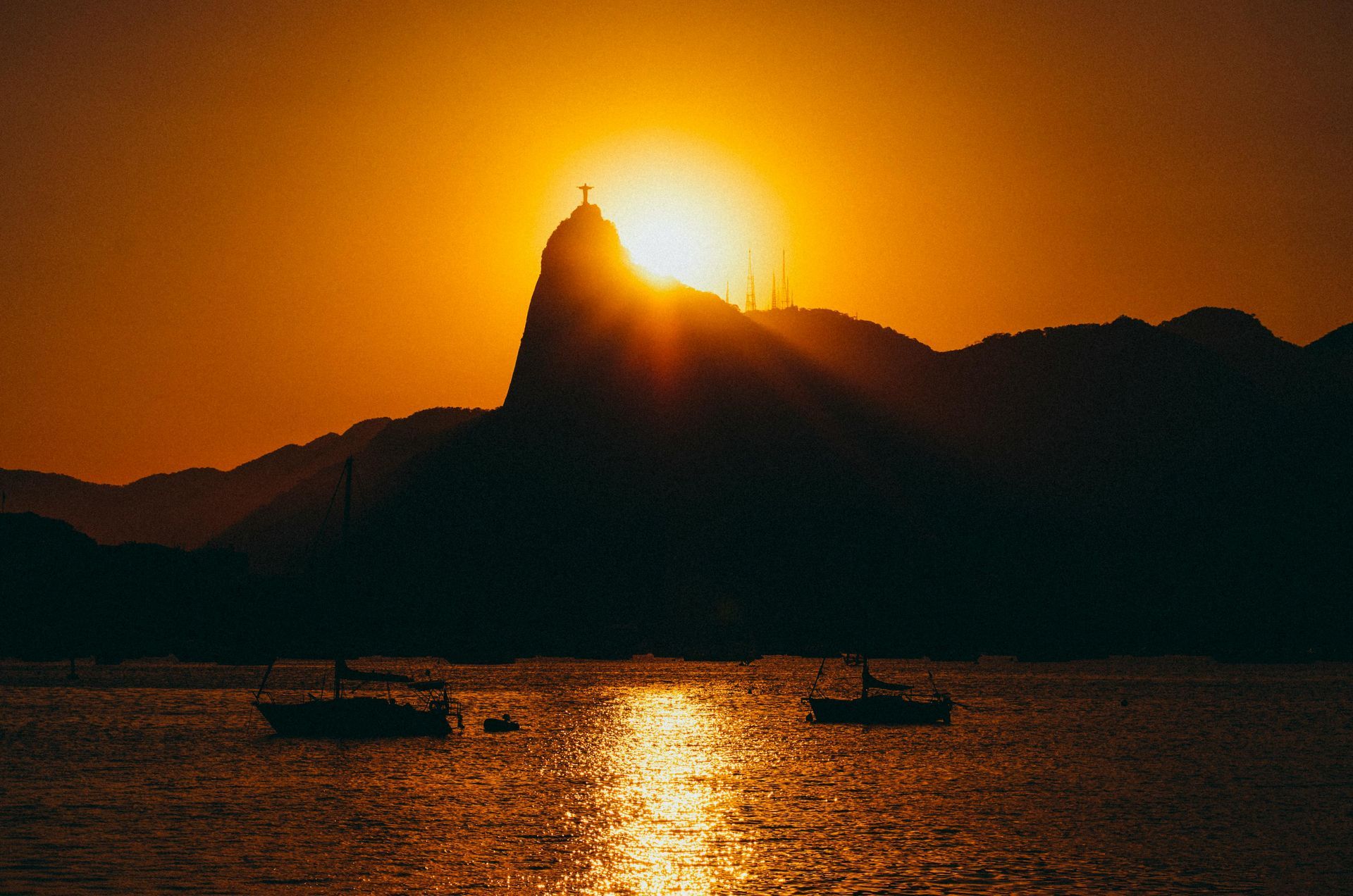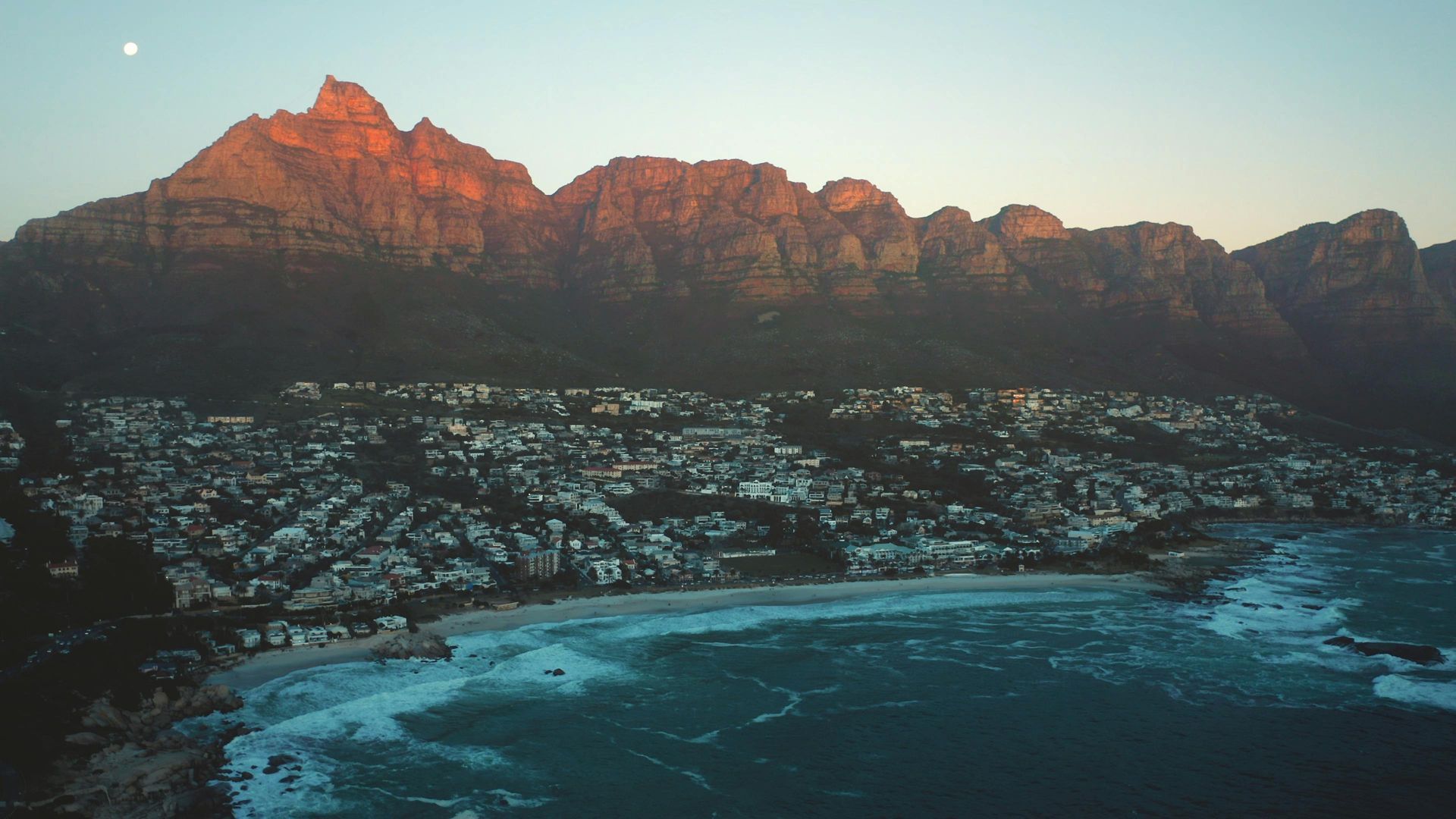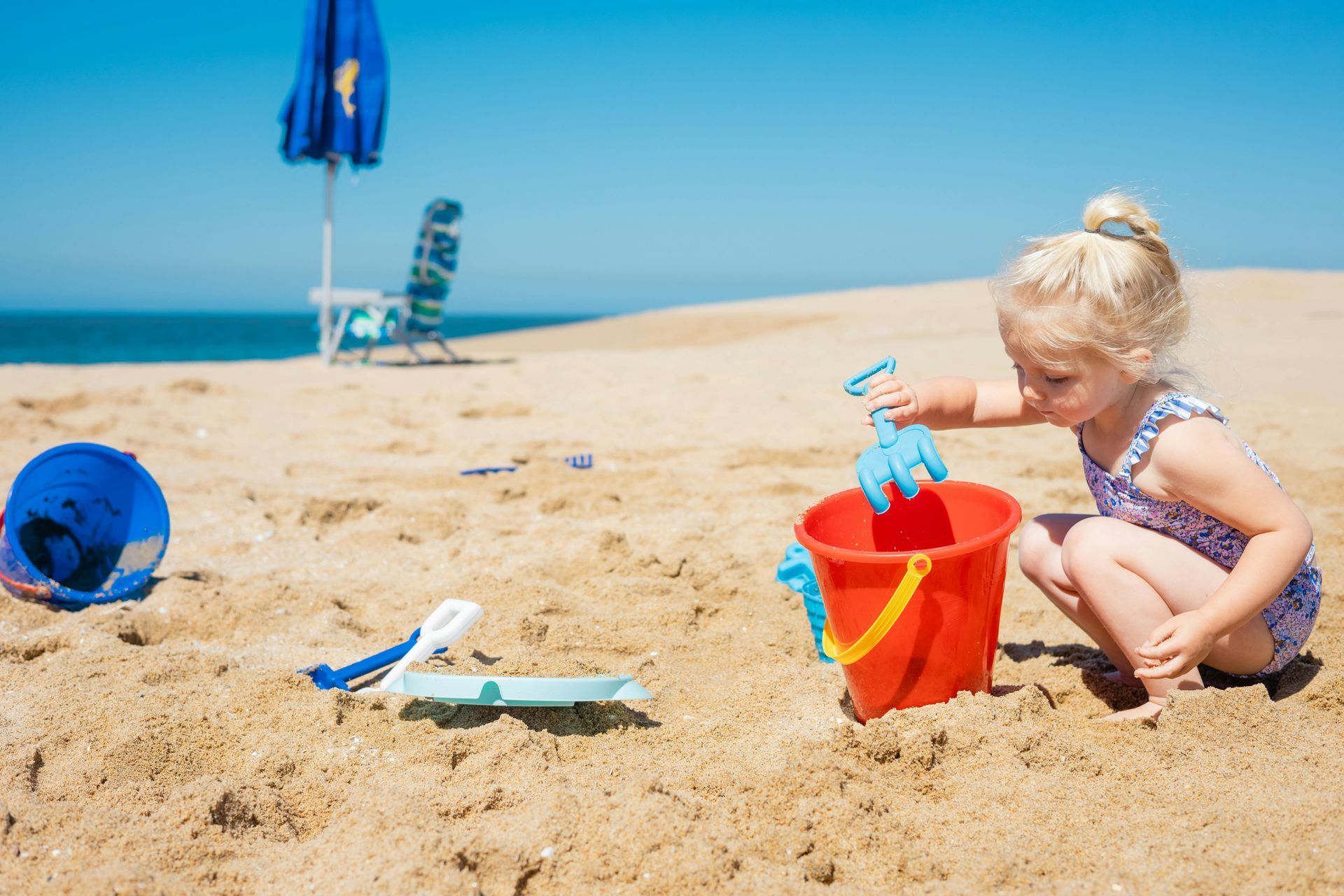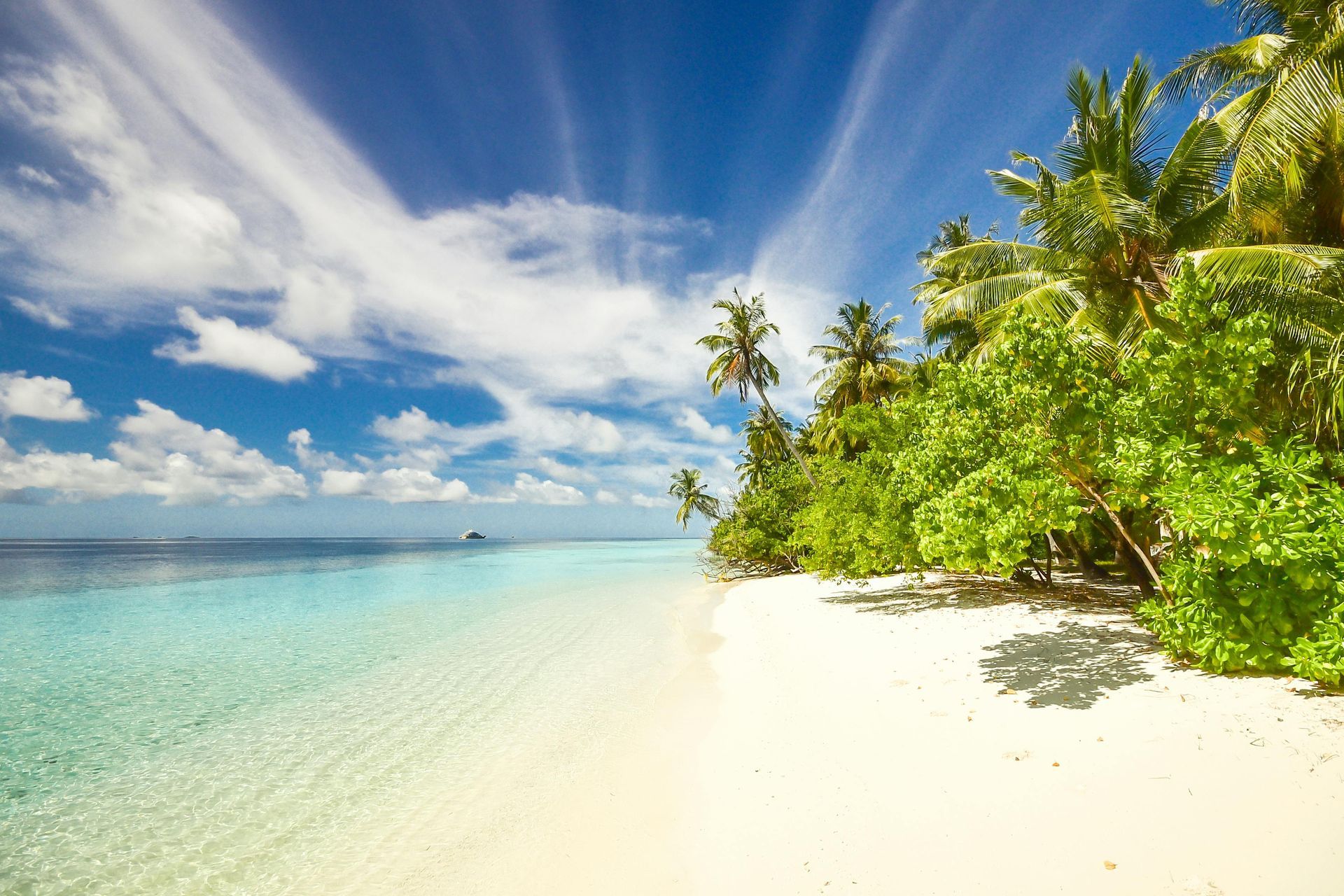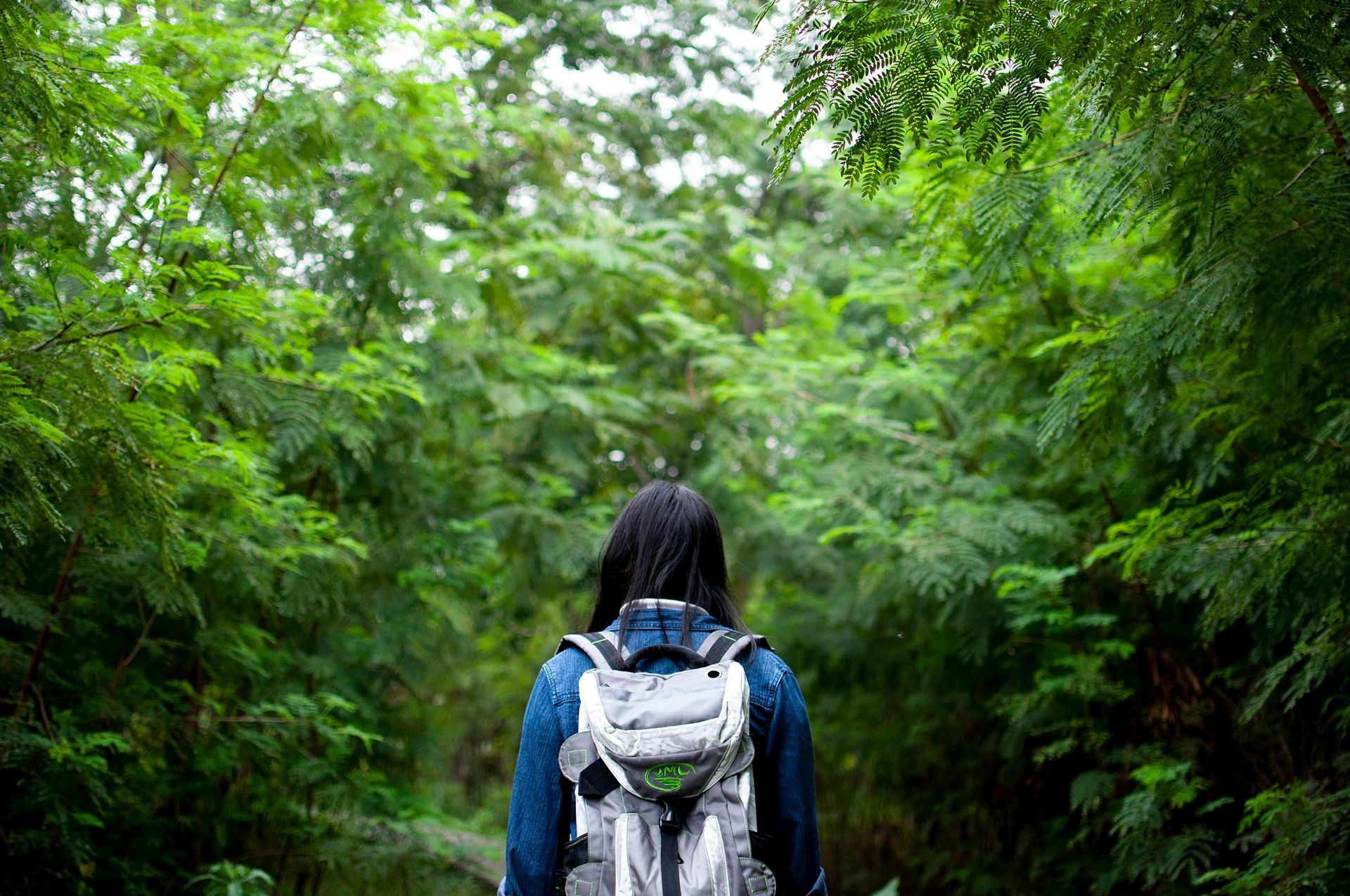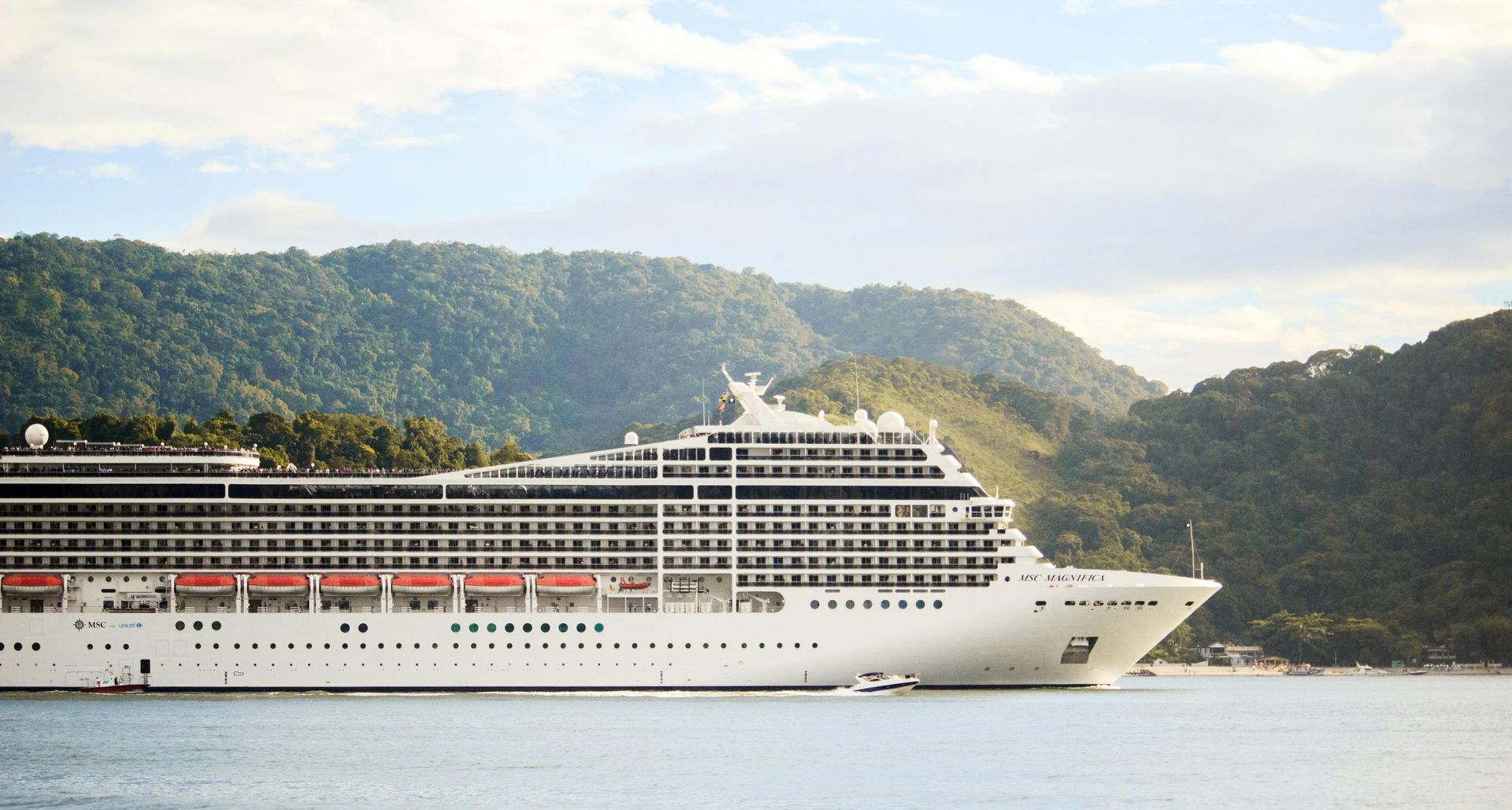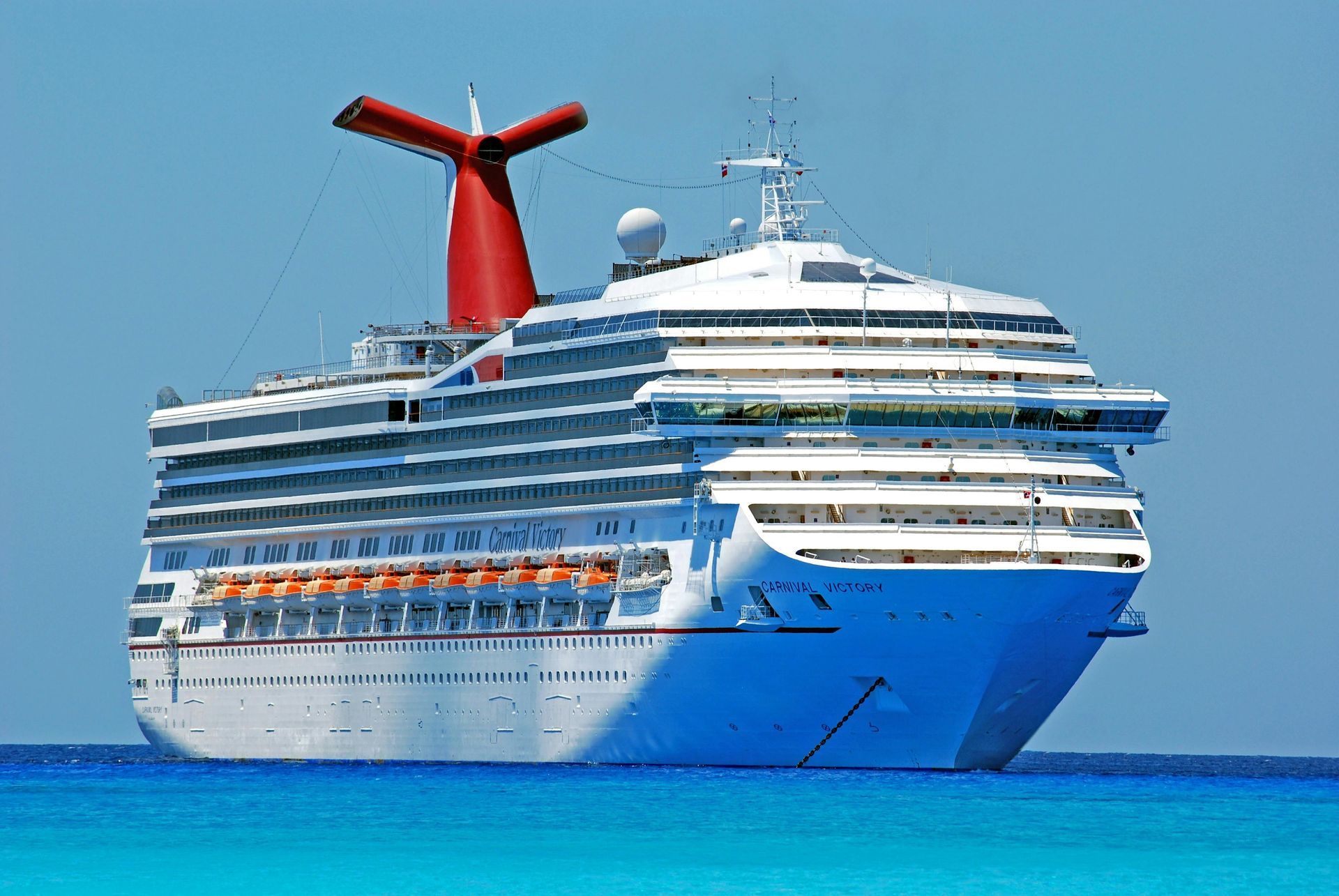June 27, 2024
Becoming more sustainable and reducing our emissions starts by looking at our everyday actions, and then adapting or changing our habits. This can of course be challenging at the beginning but once we start the ‘sustainability’ journey it becomes easier and easier and best of all rewarding, knowing that we are helping to create a future to be proud of. Most of all it’s important to remember that every little action will help. Here are some of our everyday tips: 1. Reduce your carbon footprint: Minimise your greenhouse gas emissions by conserving energy at home, switching off lights more often and using energy-efficient appliances, insulating your home, and then rethinking your travel habits, like using public transportation or carpooling more often. 2. Conserve water: Be mindful of your water usage by fixing leaks, taking shorter showers, and watering plants efficiently. Water treatment and distribution require energy, so conserving water indirectly reduces carbon emissions. 3. Adopt sustainable practices: Change your purchasing habits, try to buy less ‘stuff’, recycle and compost to reduce waste, choose reusable products over disposable ones, and opt for environmentally friendly alternatives such as cloth bags instead of plastic bags. 4. Support renewable energy: Transition to renewable energy sources like solar or wind power for your home. If feasible, invest in solar panels or consider supporting renewable energy initiatives in your area. 5. Eat a sustainable diet: Reduce your meat consumption, particularly beef and lamb, as livestock agriculture contributes significantly to greenhouse gas emissions. Incorporate more plant-based meals into your diet and support local, organic, and sustainably sourced food options. Don’t buy bottled water if tap water is safe to drink in your area. 6. Plant trees and support reforestation efforts: Trees absorb carbon dioxide and help mitigate climate change. Participate in tree-planting initiatives or support organisations working on reforestation projects. Trees4Travel do a great job at this! 7. Stay informed and spread awareness: Educate yourself about climate change and its impacts. Share your knowledge with others, engage in discussions, and encourage sustainable practices in your community. 8. Advocate for policy changes: Support political leaders and organisations that prioritise climate action. Contact your elected representatives to express your concerns and support policies aimed at reducing greenhouse gas emissions and promoting sustainable practices. Remember, individual actions, when combined with collective efforts, can lead to meaningful change. By taking steps to reduce your own impact and inspiring others to do the same, you contribute to the broader movement toward reversing climate change. Here are some top tips to help reduce your travellers’ emissions: 1. Educate yourself and others: To minimise your environmental impact as a travel advisor, start to inspire your clients to make sustainable choices while travelling. Become an ‘Agent of Change’ – and sign up to the TREES4TRAVEL agent program! 2. Choose eco-friendly accommodations: Look for hotels and accommodations that have sustainability initiatives in place, such as energy-efficient practices, waste reduction, and water conservation measures. 2. Pack light: The more weight your traveller carries, the more fuel is consumed during transportation. Ask your travellers to only pack essentials and opt for multi-purpose items to reduce overall luggage weight. 3. Use public transportation or walk: Whenever possible, encourage your traveller to use public transportation like buses, trains, or trams to get around. If the distance is manageable, ask them to consider walking or cycling instead. 5. Avoid single-use plastics: Suggest that your traveller takes toiletries in reusable bottles that they can take home again, plus bring a reusable water bottle, coffee cup, and shopping bag. It’s much better to refill a water bottle (as long as, the water is safe to drink in the holiday destination) instead of buying plastic bottles and always say no to plastic straws and utensils. 6. Support local businesses: When you can, opt for locally owned accommodations, restaurants, and shops. Ask travellers to only purchase locally made gifts and pay a fair price. This helps the local economy and reduces the carbon footprint associated with imported goods. 7. Respect the local environment and culture: Ask your travellers, to be mindful of the local customs, traditions, and the natural environment. Avoid activities that harm wildlife or damage fragile ecosystems - do not buy wildlife products such as ivory, tortoiseshell, coral, shells, and ditch chemical sunscreens for reef-safe options. 8. Conserve water and energy: Be conscious of water and energy usage. Turn off lights and air conditioning when leaving a hotel room, and reuse towels and linens. 9. Go digital: Ask your travellers not to print out travel documents. 4. Compensate carbon emissions: Educate and share carbon emissions information with your travellers and encourage them or maybe you can include this in your offers to compensate or offset any emissions that are difficult to reduce. Trees4Travel translates a whole trip into trees and then backs up every tree with a share of an investment into United Nations Renewable Energy (CER) Carbon Credits, a great way to give back to the planet and people. Remind your travellers that even small actions can make a significant difference and help minimise their environmental footprint.
